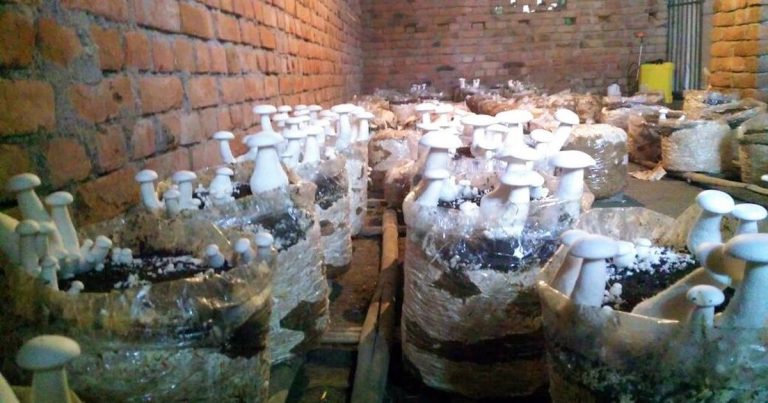New Delhi: One of the big challenges faced by rural women is the lack of job opportunities. Even though jobs like farm labor, jobs under rural employment guarantee schemes, etc are available, the salary is low. Furthermore, these are all labor-intensive jobs.
A woman needs to balance her family life to go out to work and there are no facilities like creches etc to keep their kids. This is affecting rural women in a big way. Many educated women face similar issues. Due to this, becoming self-employed is a feasible option for these women. However, launching any business or industry in rural areas is not an easy job. Infrastructure including electricity supply is crumbling in the villages. Market uncertainties are another challenge. Many women feel that home-based works can help the women to excel, utilizing their skills. While there are any women who have carved a niche for themselves fighting all odds, the life of Anita Devi from Bihar is a resplendent example of how determination can help one overcome any impediment.
Anita Devi This name is not familiar to a majority of Indians. But she is the silent revolutioner who is now inspiring hundreds of women across North India.
Name because of the organic mushrooms
Anita Devi has become a household name because of the organic mushrooms that he grows. These mushrooms have huge demand in both domestic and international markets. Here is an interesting story behind Anita Devi’s achievement. Inspired by her contribution to society and women’s empowerment, her village is now named the ‘mushroom village‘ of Bihar state.
Anita Devi hails from the historically significant Nalanda district in Bihar, which was a great center of learning centuries ago. But Anita Devi, a resident of Anantpura here has revolutionized mushroom cultivation.
Anita, who is 48-years-old Anita Devi is a graduate in home sciences. Like a majority of women of the country, initially, she was busy taking care of her family, but she was forced to take up some works as her family started facing a financial crisis around early 2000. There were no jobs in her village for her educational qualification, and this forced her to think of something unconventional.

After initial hiccups, she started mushroom cultivation in 2010, when no one in the village was aware of this. Prior to starting mushroom cultivation, she took training at the Dr. Rajendra Prasad Central Agriculture University and GB Pant University of Agriculture and Technology in Uttarakhand. As she was educated, she was well aware of the requirements like hands-on training to make her initiative successful. Initially, she was encouraged to take up mushroom cultivation by the Krishi Vigyan Kendra, Harnaut in Nalanda when she was struggling for livelihood as her husband Sanjay Kumar was also unemployed. The couple has three children, including a daughter. As they were studying, Devi was left with no option but to become an entrepreneur.
Madhopur Farmers’ Producers’ Company Limited
To ensure that the government schemes will reach the members properly, Devi launched Madhopur Farmers Producers Company Limited. This company is working with all the mushroom producers and sellers. As all these women are growing only organic mushrooms, the demand is skyrocketing.
After initial hurdles, now, Devi has become a successful entrepreneur in the true sense. Presently, over 250 women through the Jeevika Self Help Groups are part of this ‘white revolution‘ happening in the Nalanda district.
One of the challenges faced by Anita Devi at the time of launching her mushroom initiative was the shortage of mushroom seeds. As the number of growers increased, this shortage further worsened. Devi developed her own seed manufacturing lab with the help of the National Horticulture Mission. Under this mission, she was given Rs 15 lakh subsidy.
According to Devi, two major varieties of mushrooms grown by her and other women in the village are Oyster and Milky White mushrooms. Both these varieties have a huge demand. As they grow in the agriculture waste also, they are now very popular. A kilogram of the mushroom is sold for anywhere between Rs.80 and Rs.120 making the women self-dependent.
“Villagers were not even ready to believe me when I decided to start something on my own. They didn’t know the importance of this initiative,” says Devi, adding that today the perception has changed. The state government roped in Devi to train the Jeevika Women Self Help Group members in mushroom cultivation and marketing, making Devi a household name in Bihar. As a token of respect, today Anantpur village is named as the mushroom village of Bihar state. This is how Anita Devi has become a change maker in the true sense.






